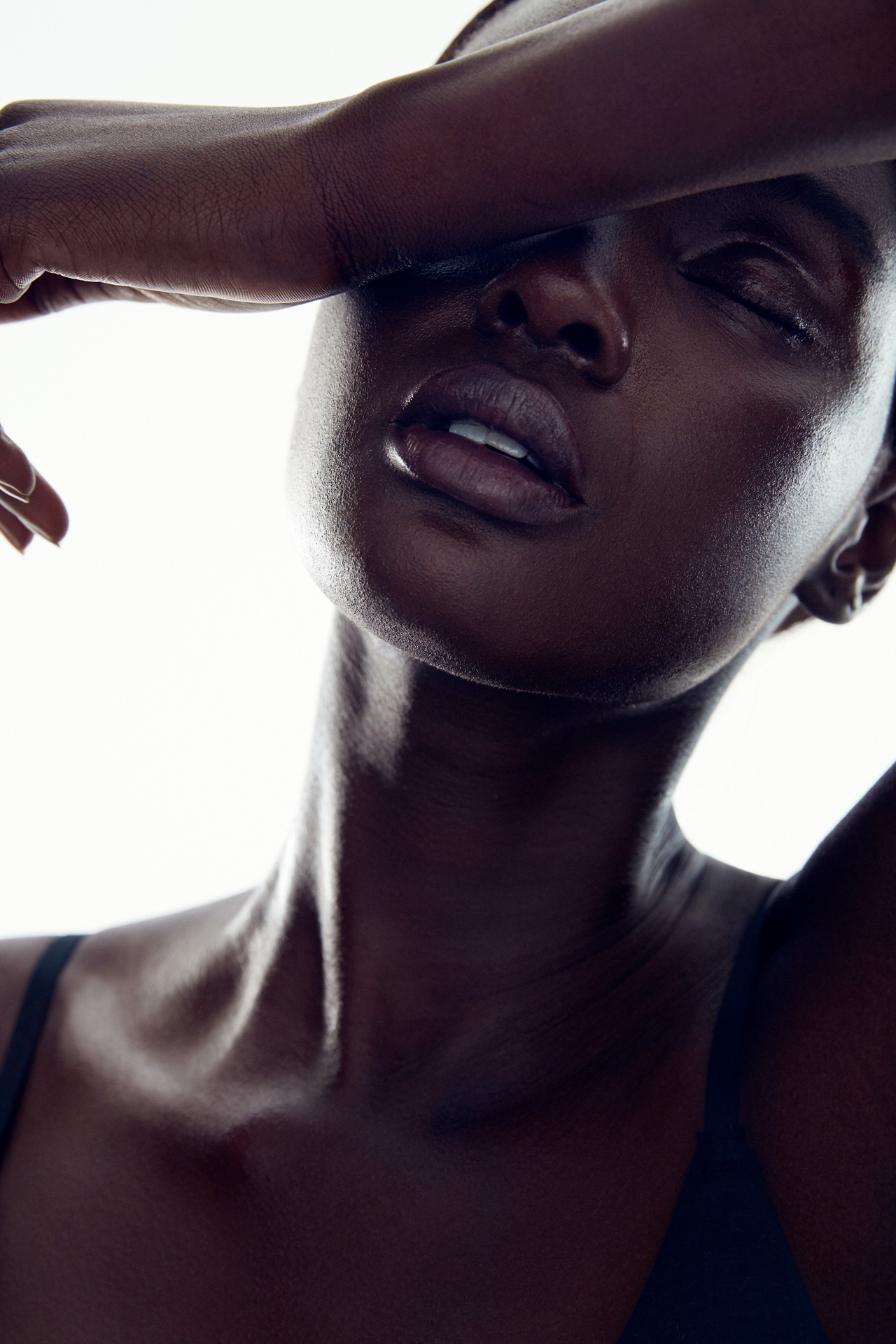News feed
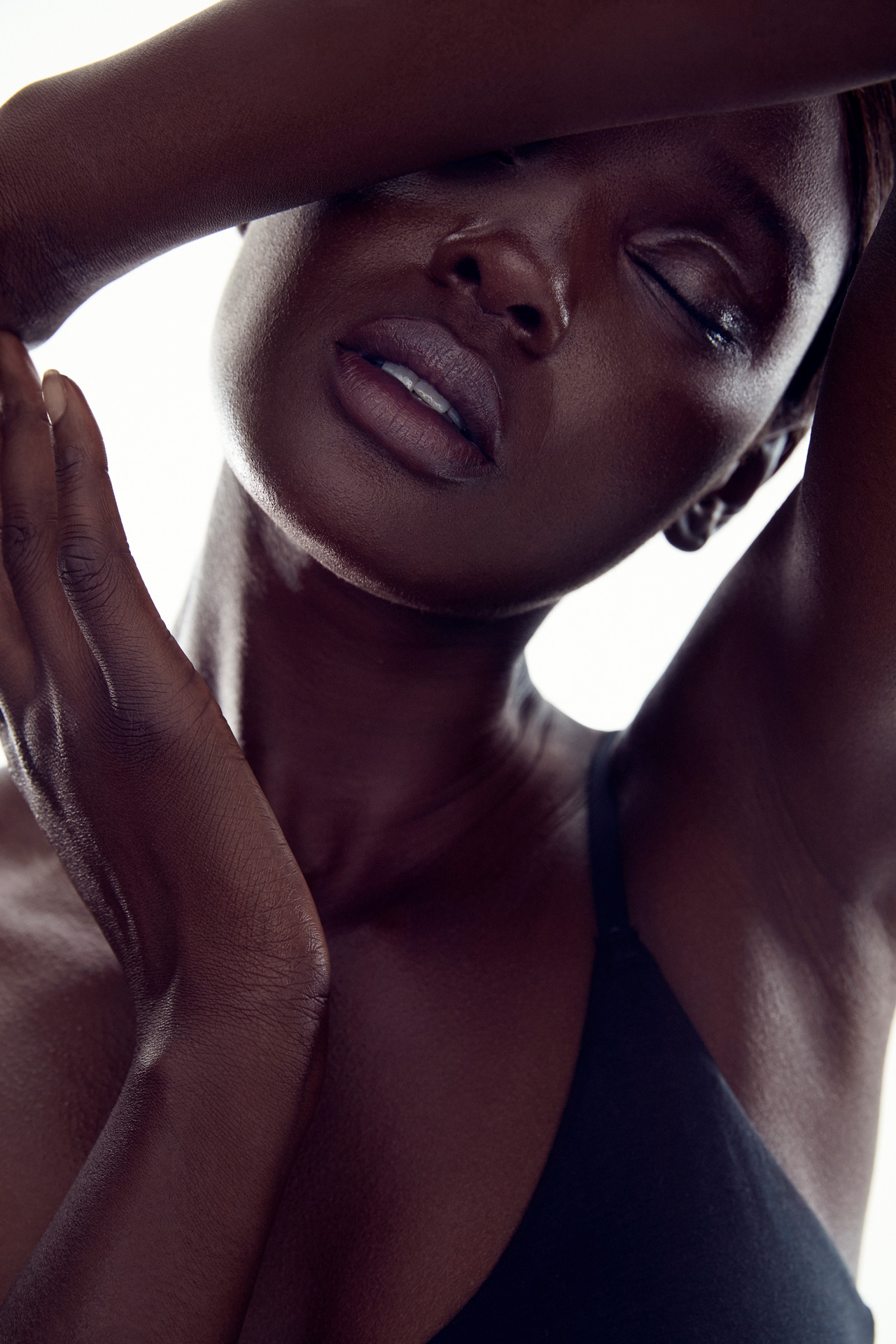
It’s 2013, and makeup artist Hung Vanngo can’t find foundation dark enough to match his model’s skin. “Back then there wasn’t foundation for any kind of darker skin… I had this one product I’d mix in with foundation so the dark- skinned girls wouldn’t go grey,” Vanngo says. “They [used to go] this greyish colour because the foundation was too white.”
Such was the case for Sudanese-Australian model, Duckie Thot, who had a custom shade made for her by legendary makeup artist Pat McGrath at the fitting for Yeezy’s now infamous Spring/Summer 2017 show. “[McGrath] had come over to do the makeup tests and first thing she pointed out was my skin. She grabbed my hand and rubbed a few different foundation shades on the back of it,” Duckie recalls. “We need to make her a colour [she said].”
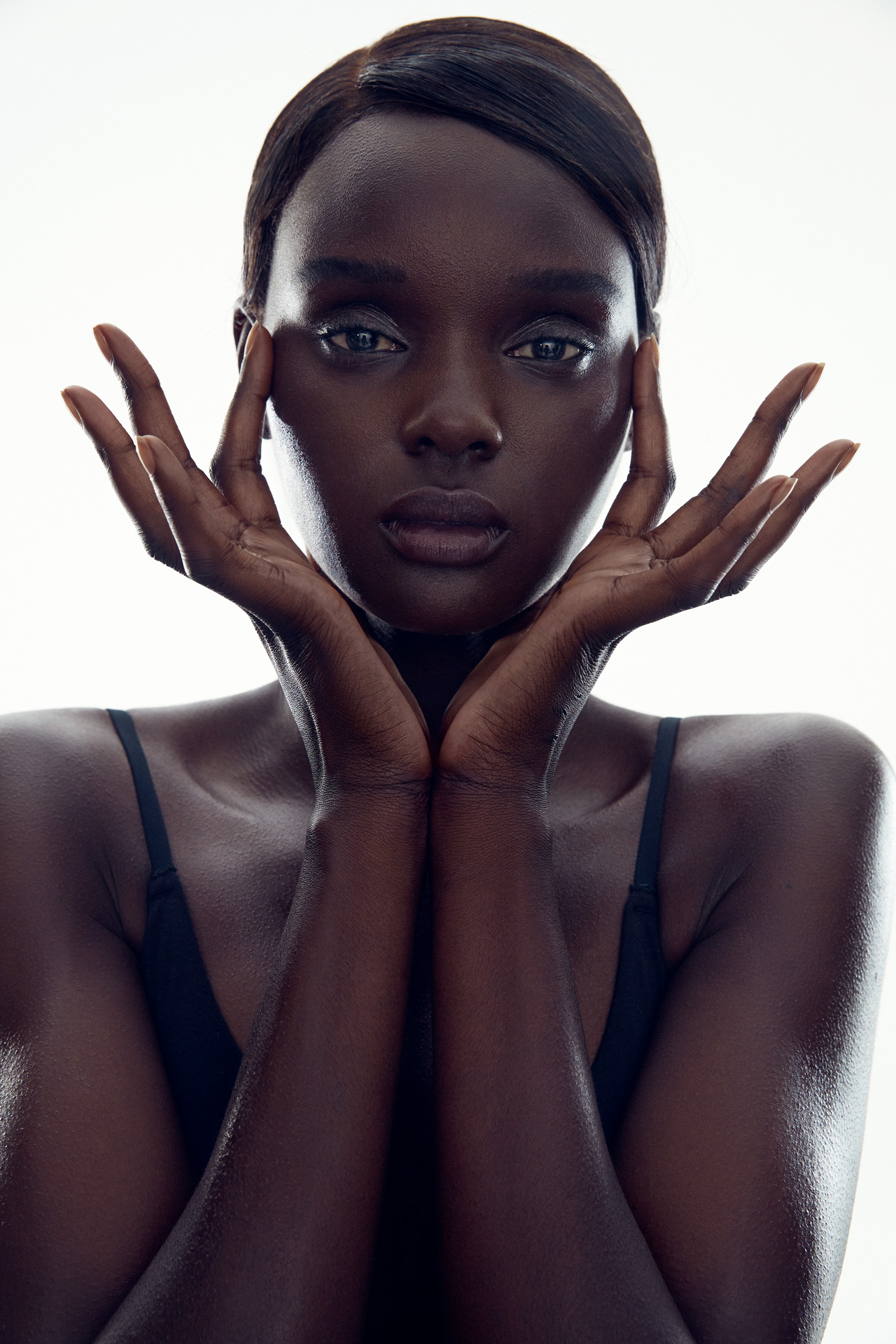
Of course, in terms of magic makeup moments, it was historic, but it reveals a truly greater beast; a longstanding lack of diversity in cosmetics. For years, the systemic homogenisation of makeup has plagued women of colour. “They’re fucking up my beautiful black face, and I am over it,” wrote comedian and actress Nicole Byer in an essay she penned for Lenny Letter in early 2017. Byer claimed that when a professional makeup artist did her face, she would look like “a black woman in blackface; a dead woman; dry and/or dusty or a crusty combo of the two.” Similarly, actress Kerry Washington revealed that Neutrogena didn’t have a foundation shade for her skin tone when she was originally named as an ambassador. “When I first joined the company, Neutrogena was really invested in growing the foundation line – and growing the cosmetics line in general.” As for Thot, she used to take her own makeup to shoots because nothing was ever “dark enough” for her.
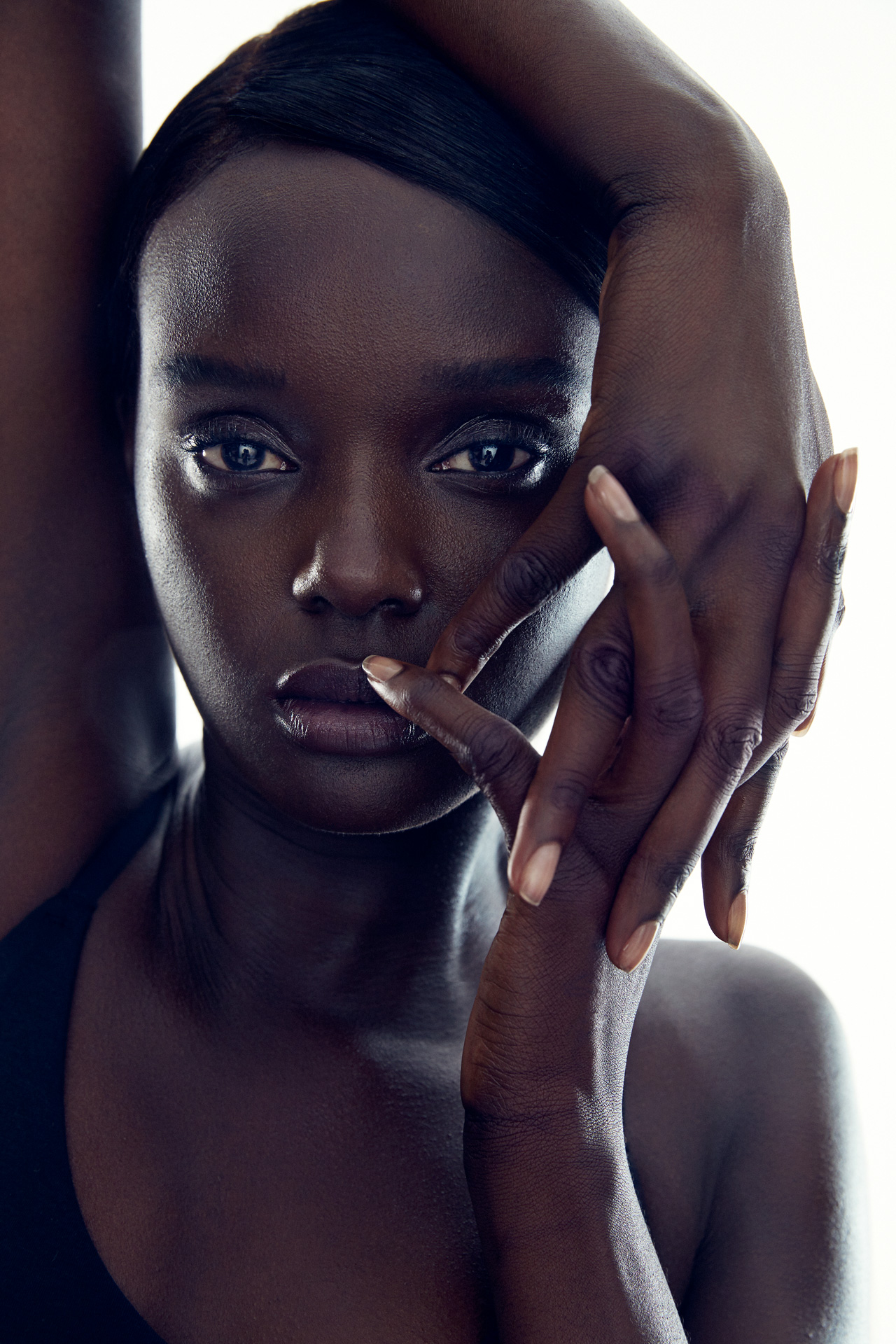
In September 2017, Rihanna quite literally changed the face of makeup, launching the most inclusive cosmetics range to date – Fenty Beauty – with 40 shades of coverage. For Duckie, who fronted the campaign, it was meaningful on so many levels, in terms of colour, but also empowerment and identity. “[Rihanna’s] a woman who fights hard for equality, so the brand and its products really do speak for themselves. It’s more than just makeup, that was very clear with the first campaign,” says Duckie. “Both the media and the public were surprised at how diverse the cast was, it was all people spoke about, the diversity of the line. She made it a choice to be inclusive, she made it a choice to represent everyday women, which speaks volumes.” It took one woman of colour to make a change, but it’s had a roll-on effect. This month, Marc Jacobs launches its Shameless Foundation in 29 shades – unprecedented for the brand – and the likes of Makeup Forever, Kevyn Aucoin and Sephora Collection are following suit.
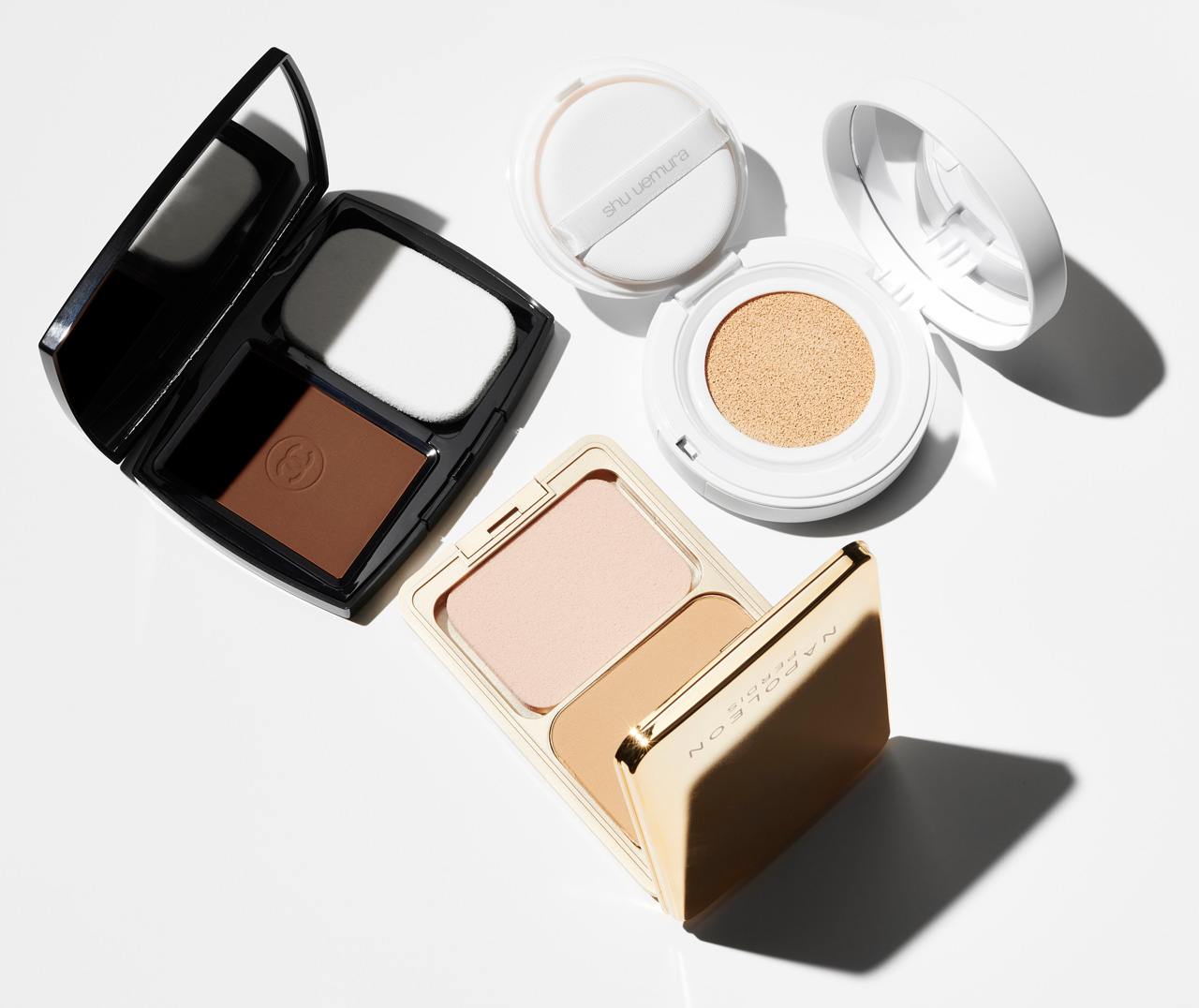
So why did it take so long for beauty brands to offer a palette to suit all skin tones? Perhaps it’s a reminder of that beast, a kind of xenophobia that’s long existed within the beauty Zeitgeist, drip-fed down in predominantly white, male-led businesses.
Of course, it would be erroneous to ask any beauty brand to create enough shades to match every skin tone in the entire world. This isn’t the point. It’s about a shift in culture, about an expansion, about recognition. No longer are we con ned to six shades from ivory to alabaster – a ruddy beige if we’re lucky. The darkest foundation is no longer six hours spent on Bondi Beach and sardonically labelled “Deep”.
Amid the ever-changing narrative of what it means to be a woman, the recent colour expansion of many beauty brands is testament to a change in the water (or foundation). A change which is even more telling, more noteworthy, more poignant as the world’s underbelly stirs with profound uncertainty. As other parts of life become more reclusive, the beauty world is doing the exact opposite. It may have taken far too long, but the industry is finally making steps towards inclusivity. And with this, comes empowerment. “I’ve received messages from women all over the world about how I’ve made them more con dent, regardless of their complexion, just by being in these campaigns,” notes Thot. “Women have been waiting a long time to be included, and Fenty caters to this beautifully.”
